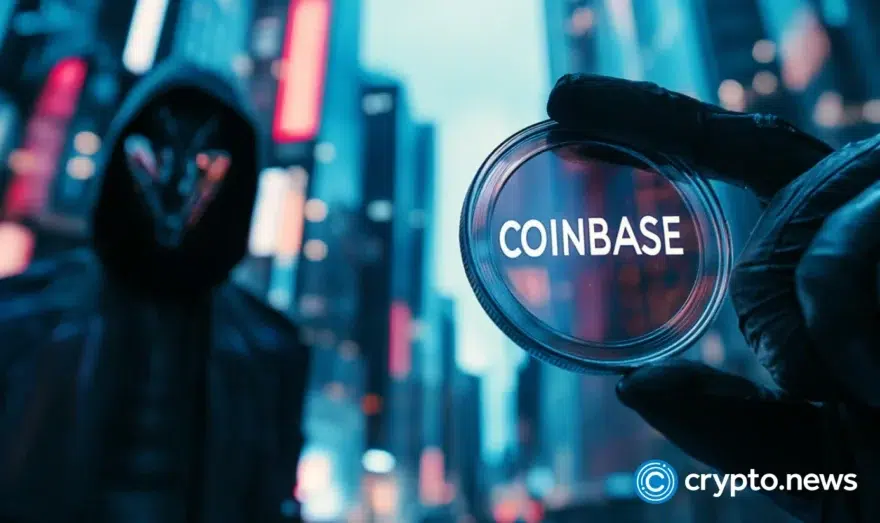Are the Tornado Cash developers guilty?

Judge Katherine Polk Failla postponed the trial of Roman Storm, co-founder of Tornado Cash. What is happening in this controversial case, and is the crypto mixer responsible for its users?
Table of Contents
Due to the case’s complexity, the co-founder of the notorious cryptocurrency mixer was granted a reprieve. In a motion to move the trial, Storm’s defense pointed at complex and novel legal and factual issues, as well as millions of pages of documents written in Russian. All of them require translation, which means more time.
“The government has also produced voluminous discovery in this case on a rolling basis (millions of pages of documents, many of which are in Russian and require translation), which the defense is still analyzing.”
Court filing
The prosecution said that the Storm’s lawyers were greatly exaggerating, claiming that his defense had enough time to review the documents.
As a result, the court sided with the crypto mixer developer and moved the trial from Sep. 23 to Dec. 2. The judge noted that she needed additional time to consider some of the legal issues raised by the defense.
Charges against Tornado Cash developers
Storm was arrested in August 2023, a year after U.S. authorities imposed sanctions on Tornado Cash. The service co-founder was accused of criminal conspiracy and money laundering amounting to more than $7 billion.
Law enforcement agencies also took into custody two other developers of the crypto mixer — Alexey Pertsev and Roman Semenov. In May, Pertsev was found guilty of laundering $1.2 billion and sentenced to five years in prison. He appealed the verdict and asked the court to release him on bail, but the latter refused such a request.
To help with legal proceedings, the developers of the mixer founded the JusticeDAO Foundation. Through it, they have already been supported by representatives of the Coinbase crypto exchange and Edward Snowden.
American sanctions against Tornado Cash
In August 2022, the U.S. Treasury imposed sanctions against Tornado Cash. The department’s division, the Office of Foreign Assets Control (OFAC), added the cryptocurrency protocol and associated digital wallet addresses to the sanctions list. The agency has blocked any Tornado Cash property within U.S. borders, and residents and citizens of the country are prohibited from using the service.
According to U.S. authorities, since its inception in 2019, the mixer helped to launder more than $7 billion in illicit cryptocurrency proceeds. Over $455 million of these are related to the activities of the North Korean hacker group Lazarus Group.
Tornado Cash was also used to launder more than $96 million received by cybercriminals in the June 2022 heist of the Harmony network. In addition, at least $7.8 million, stolen during the Nomad cross-chain protocol hack, passed through the service.
Shortly after, Coinbase funded a lawsuit against the Treasury Department, its head Janet Yellen, and OFAC Director Andrea Gacki, demanding that sanctions against the mixer be lifted. The exchange’s chief lawyer, Paul Grewal, wrote about this, referring to a statement by the company’s CEO, Brian Armstrong.
Armstrong noted that the exchange takes a tough stance against illegal activities. However, in his opinion, the department took an unprecedented step by imposing restrictions on the entire technology and exceeded its authority.
Everything is not so straightforward
During the court hearing, the question of whether it was possible to hold the creators of a decentralized and autonomous service accountable for its work was discussed.
The developer’s lawyers argue that the mixer was not created with criminal intent. The founders of Tornado Cash knew nothing about the criminals who laundered money and had no control over user funds.
In response, the Judge asked prosecutors what the Tornado Cash co-founders should have done when they found out North Korean hackers were using their crypto mixer. She also questioned whether a service is criminally liable if one of its thousands of users is a criminal.
Are the Tornado Cash developers guilty?
The custody issue has long been critical in understanding whether a tool or service is responsible for money laundering. One of the key defenses in this case is that due to Tornado Cash’s decentralized nature, developers cannot prevent It from being used illegally, no matter what precautions they take.
The decision in the Pertsev case was a wake-up call, and now the question looms: Will any developer of a cryptocurrency service that is ever used for illegal activities now be responsible for each user?
The statements of the American authorities lead to a simple conclusion: if the developer’s code is used by criminals, he becomes a criminal. From this point on, the situation is treated as if he were personally hiding the source of the criminals’ funds, regardless of whether he has the ability to stop the criminals.
What is often forgotten in this case is that the founders of Tornado Cash implemented two regulatory compliance tools. One allowed users to disclose the source of funds to third parties voluntarily, and another tool modified the web interface to prevent deposits from Ethereum accounts associated with criminal activity.
Thus, creating decentralized, sustainable tools makes the developer forever responsible. The fact that the court recognized the impossibility of stopping Tornado Cash did not change the judge’s decision to sentence Pertsev.
















